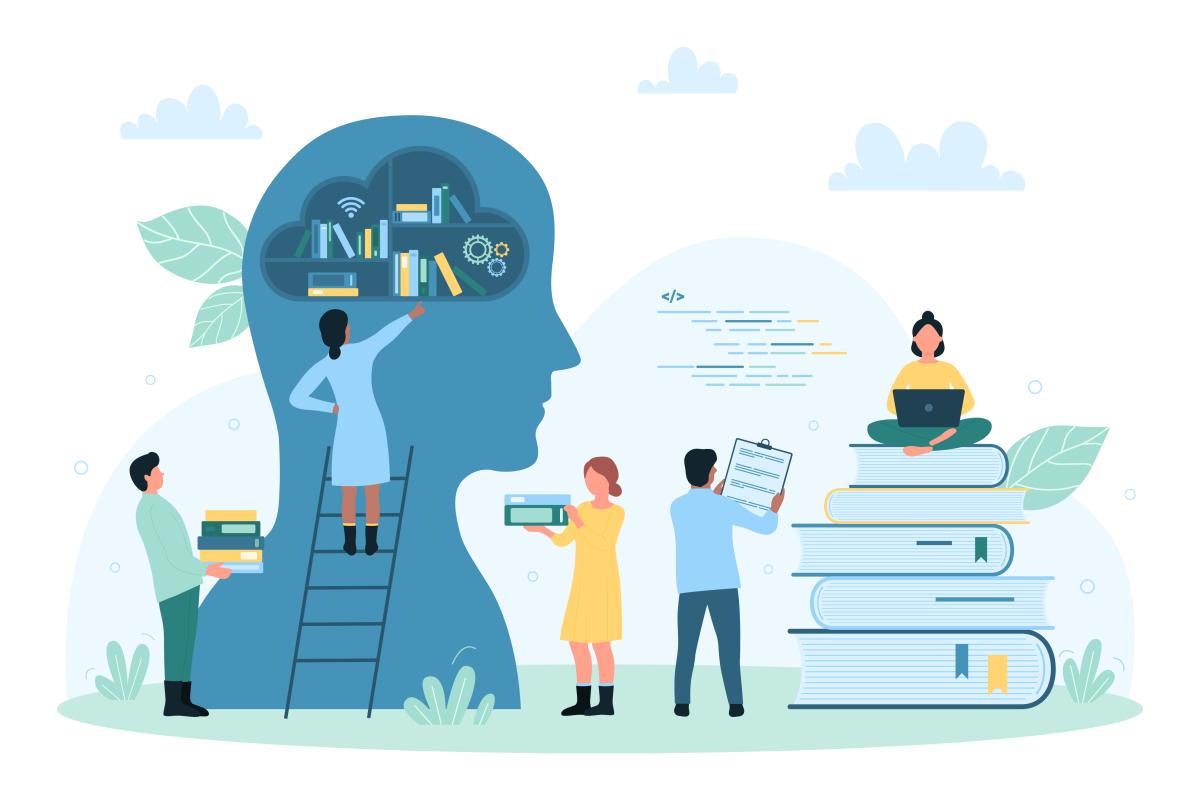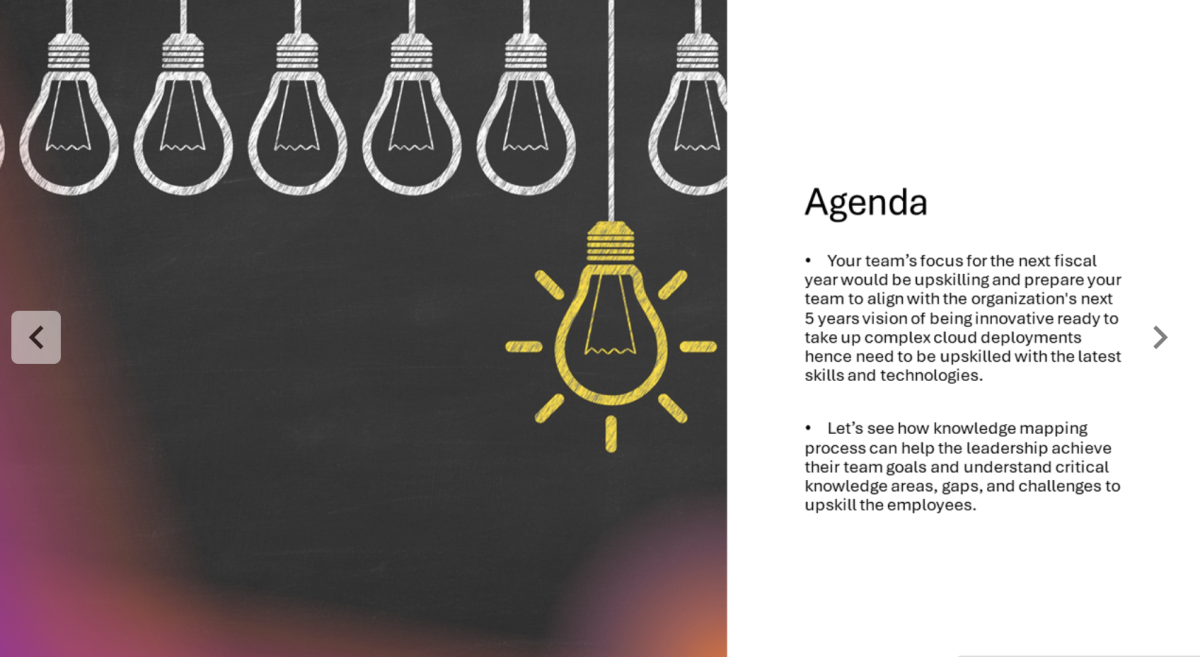...
How would you like to be a Guest Blogger for KMI? Email us at: info@kminstitute.org and let us know your topic(s)!
How to Approach Knowledge Mapping for Upskilling Your Team
 In today’s fast-evolving business landscape, upskilling teams is not just a goal—it’s a necessity. To align with organizational visions and navigate complex deployments or emerging challenges, it’s essential to understand your team’s current knowledge base, identify gaps, and create actionable strategies for growth. This is where knowledge mapping becomes an invaluable tool. Here’s a practical guide to get you started:
In today’s fast-evolving business landscape, upskilling teams is not just a goal—it’s a necessity. To align with organizational visions and navigate complex deployments or emerging challenges, it’s essential to understand your team’s current knowledge base, identify gaps, and create actionable strategies for growth. This is where knowledge mapping becomes an invaluable tool. Here’s a practical guide to get you started:
What is Knowledge Mapping?
Knowledge mapping is the process of identifying, organizing, and evaluating the knowledge resources within an organization. It helps teams pinpoint critical areas, uncover gaps, and create pathways for effective learning and collaboration.
Why Knowledge Mapping is a Critical Component of Knowledge Management
For leaders aiming to upskill their teams, knowledge mapping provides:
1. Clarity on Skills: Identifying current expertise levels.
2. Resource Optimization: Mapping explicit (documents, tools) and tacit (experiential) knowledge.
3. Targeted Development: Highlighting areas that need focused training or mentoring.
4. Strategic Alignment: Ensuring team growth aligns with organizational goals.
Key Steps to Knowledge Mapping
1. Identify Current Knowledge Resources
- Gather information on subject matter experts (SMEs), communities, and repositories.
- Audit these sources for relevance and gaps to ensure they align with future project demands.
2. Run a Knowledge Harvesting Campaign
- Encourage collaboration to source valuable knowledge from across teams.
- Leverage sessions to connect knowledge holders with seekers.
3. Conduct Skill Assessments
- Grade team members as beginners, novices, or experts in critical areas.
- Use these insights to outline mentoring or training needs.
4. Bridge Knowledge Gaps
- Use existing artifacts, online training, and SMEs to address deficiencies.
- Engage external vendors where necessary for advanced training programs.
5. Drive Knowledge Awareness and Adoption
- Foster strategies that make knowledge accessible and encourage its usage.
- Create clear pathways linking resources to employees’ skill-building journeys.
Challenges Knowledge Mapping Can Address
- Blockages in knowledge flow across the organization.
- Need help accessing or leveraging relevant knowledge resources?
- The mismatch between current skills and future requirements.
How knowledge Managers can leverage the Knowledge Mapping Outcome to Improve Processes and Employee Engagement
- Align training programs with strategic objectives.
- Build a culture of continuous learning and collaboration.
- Equip their teams with the confidence and skills needed to excel in upcoming challenges.
Take the first step toward empowering your team with the knowledge they need to succeed. Start your knowledge-mapping journey today!
Click here for Knowledge Mapping high-level template!
 Ekta Sachania has over 15 years of experience in learning and talent development disciplines, including knowledge management, content management, and learning & collaboration with expertise in content harvesting, practice enablement, metrics analysis, site management, collaboration activities, communications strategy and market trends analysis. Demonstrated success in managing multiple stakeholder expectations across time zones and exhibiting good project management skills, by successfully developing and deploying projects for large audiences. Ability to adapt and work in emerging areas with fast-shifting priorities. Connect with Ekta at LinkedIn...
Ekta Sachania has over 15 years of experience in learning and talent development disciplines, including knowledge management, content management, and learning & collaboration with expertise in content harvesting, practice enablement, metrics analysis, site management, collaboration activities, communications strategy and market trends analysis. Demonstrated success in managing multiple stakeholder expectations across time zones and exhibiting good project management skills, by successfully developing and deploying projects for large audiences. Ability to adapt and work in emerging areas with fast-shifting priorities. Connect with Ekta at LinkedIn...
Other Featured Blogs by Ekta:
Archives
- April 2015 (1)
- March 2015 (1)
- February 2015 (3)
- January 2015 (1)
- December 2014 (1)
- October 2014 (2)
- August 2014 (2)
- July 2014 (1)
- June 2014 (1)
- May 2014 (1)













 ...
... ...
...
